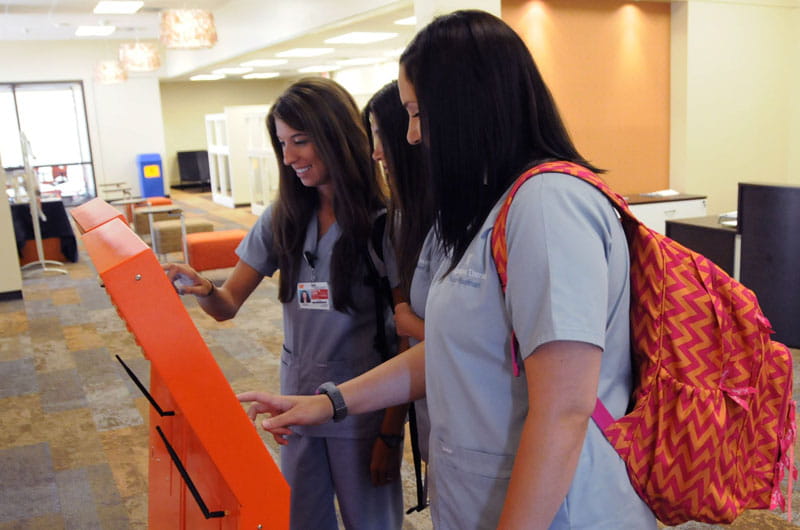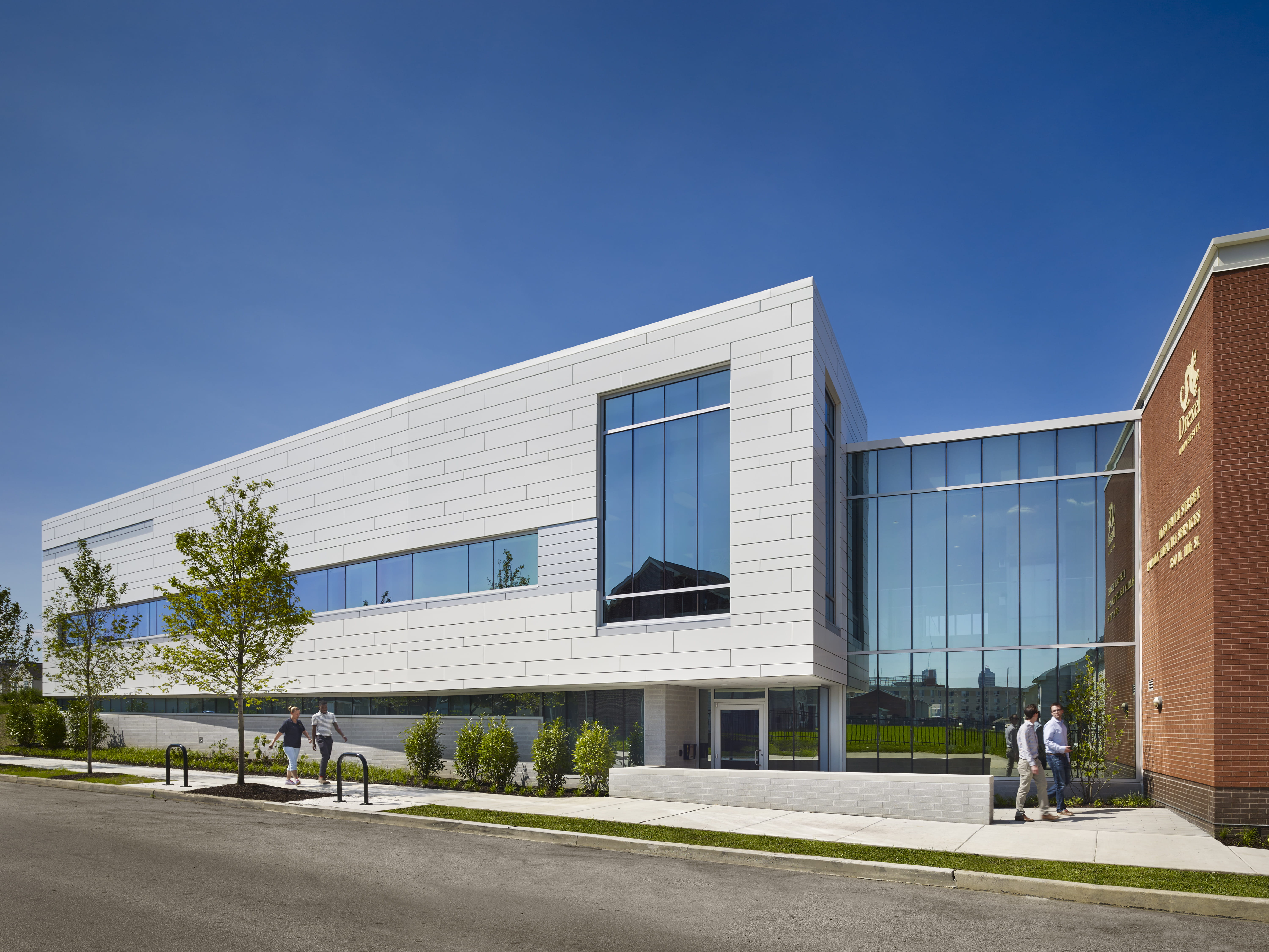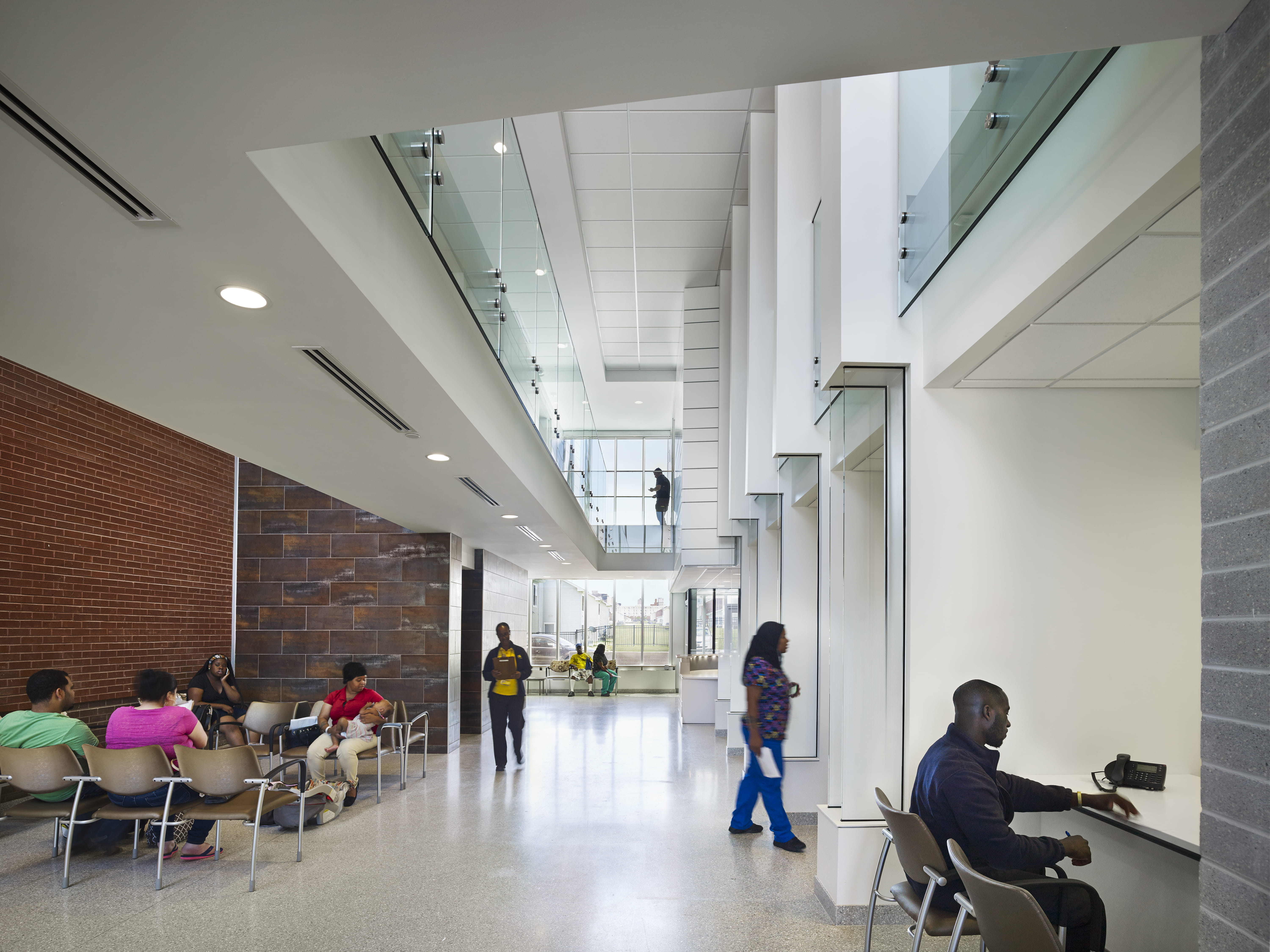Drexel Offers Free Mental Health Screenings and Demonstrations for National Depression Screening Day

- Bolstered by Research Consortium with Drexel, Jefferson’s Sidney Kimmel Cancer Center Earns NCI Comprehensive Cancer Center Designation
- No link between acetaminophen use during pregnancy and children's autism risk
- Ribbon-Cutting Ceremony Marks Official Unveiling of Drexel Station at 30th Street
- Drexel Recognizes Gregory E. Deavens, CPA, CGMA as Business Leader of the Year

Anxiety disorders are the most common mental illness in the United States, affecting 40 million adults age 18 and older, or 18 percent of the population, according to the National Institute of Mental Health. The vast majority of clinical depression cases can be effectively treated. Screenings are often the first step in getting help.
This Thursday, Oct. 8 marks the 25th Annual National Depression Screening Day, held during Mental Illness Awareness Week in October. The Stephen and Sandra Sheller 11th Street Family Health Services (850 N. 11th Street, Philadelphia) of Drexel University’s College of Nursing and Health Professions will host a special, all-day event dedicated to raising awareness and screening people for depression and related mood and anxiety disorders. The event is free and open to the public.

From 9:30 a.m. – 5:30 p.m., staff members will facilitate self-guided mental health screenings using the new on-site MindKare Kiosk, which screens for anxiety, depression, post-traumatic stress disorder, bipolar disorder, substance abuse and eating disorders. Drexel is the first university to have kiosks like this, through a partnership with the Scattergood Foundation. A second kiosk is located in the Recreation Center for use by students. Read a DrexelNow story about the kiosks here.
“Here at 11th Street we strive to be a beacon for health in the community,” said John D. Kirby, Jr, director of community health and wellness at Stephen and Sandra Sheller 11th Street Family Health Services. “On this day, and throughout the year, we open our doors to our patients and community members in hopes of providing the services needed. We aim to be a partner in the ongoing mission to improve the health of community residents through professional services and evidence-based programming.”
Throughout the day the staff also will be demonstrating how the different departments/services at 11th Street can lend themselves to improving mental health. Visitors will learn how to use fitness and nutrition strategies to help control eating when feeling sad or depressed, how to use mindfulness and breathing techniques for mental health and how to use dance/movement therapy for depression management.

“Mental health screenings are important because they can help to detect mental health needs at an early stage and the severity of experiences that can be hard to communicate with others,” said Kirby. “They can also help raise awareness about the needs of a community, particularly when screenings are used as a routine part of health care. This understanding can help to drive clinician training and specialty to better serve the realized need.”
Kirby said that mental health awareness days help to shine a light on important topics about mental health.
“Days like National Depression Screening Day will help to broaden the conversation and hopefully reduce some of the stigma around the topic of mental health needs,” said Kirby. “This can also help reduce feelings of shame and fear surrounding mental health. The hope is that, as these screenings are more frequently available, mental health treatment can be as normalized as physical health.”
At Stephen and Sandra Sheller 11th Street Family Health Services, there are supportive and clinical behavioral health services for all ages, available year round. These include: consults in primary care, traditional talk therapy, creative arts therapies, dance/movement therapy and psychiatry. In addition, the center offers a range of wellness services that help to strengthen the mind-body connections, these include, fitness, nutrition, mindfulness-based stress reduction and yoga.
Drexel News is produced by
University Marketing and Communications.